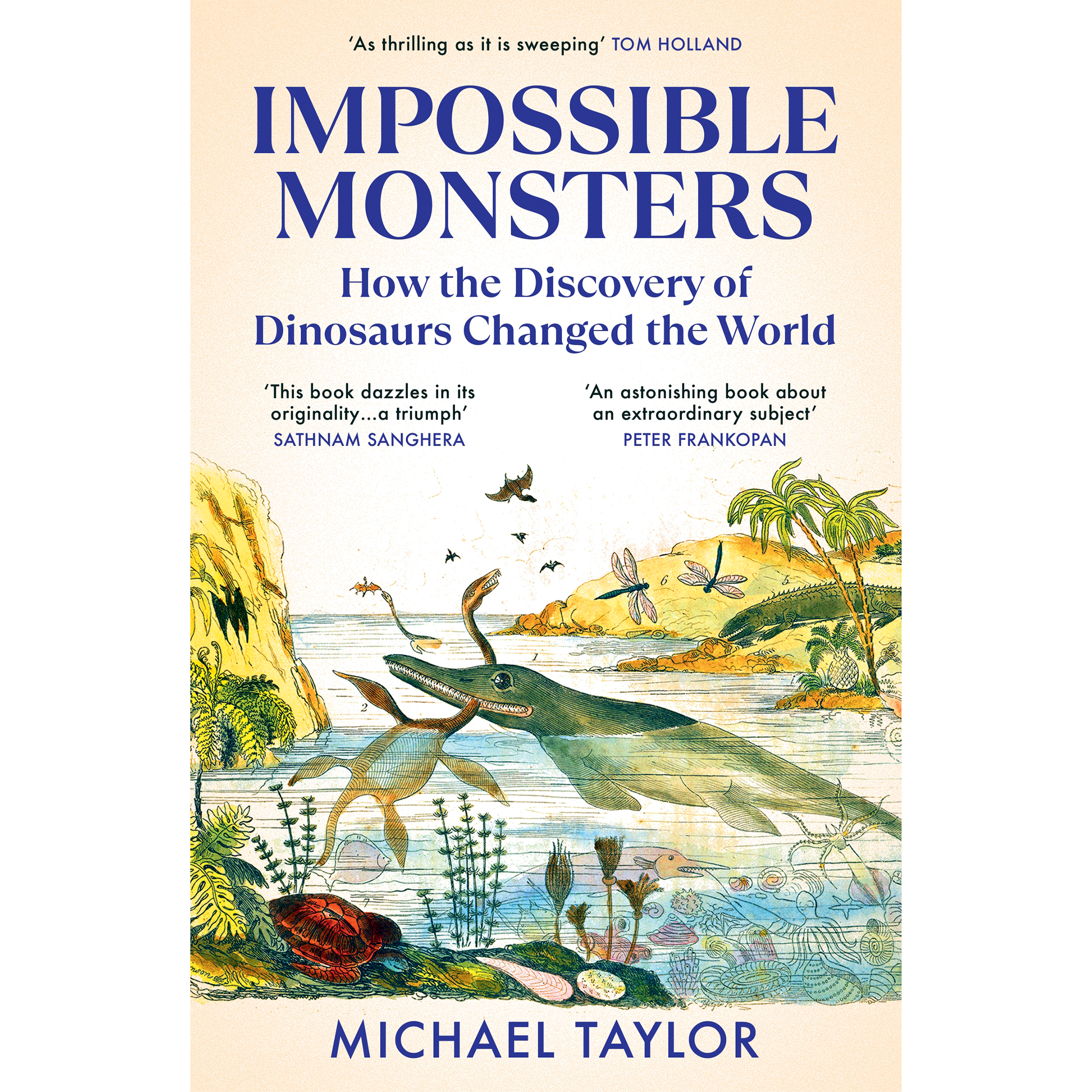 Image 1 of 1
Image 1 of 1


Horizons
Horizons: A Global History of Science | By James Poskett
A radical retelling of the history of science that challenges the Eurocentric narrative. We are told that modern science was invented in Europe, the product of great minds like Nicolaus Copernicus, Isaac Newton, Charles Darwin and Albert Einstein. But this is wrong. Science is not, and has never been, a uniquely European endeavour.
Copernicus relied on mathematical techniques borrowed from Arabic and Persian texts. When Newton set out the laws of motion, he relied on astronomical observations made in Asia and Africa. When Darwin was writing On the Origin of Species, he consulted a sixteenth-century Chinese encyclopaedia. And when Einstein was studying quantum mechanics, he was inspired by the Bengali physicist, Satyendra Nath Bose.
Horizons pushes beyond Europe, exploring the ways in which scientists from Africa, America, Asia and the Pacific fit into the history of science, and arguing that it is best understood as a story of global cultural exchange. Challenging both the existing narrative and our perceptions of revered individuals, above all this is a celebration of the work of scientists neglected by history.
Among many others, we meet Graman Kwasi, the seventeenth-century African botanist who discovered a new cure for malaria, Hantaro Nagaoka, the nineteenth-century Japanese scientist who first described the structure of the atom, and Zhao Zhongyao, the twentieth-century Chinese physicist who discovered antimatter (but whose American colleague received the Nobel prize). Scientists today are quick to recognise the international nature of their work. In this ambitious and revisionist history, James Poskett reveals that this tradition goes back much further than we think.
Horizons: A Global History of Science | By James Poskett
A radical retelling of the history of science that challenges the Eurocentric narrative. We are told that modern science was invented in Europe, the product of great minds like Nicolaus Copernicus, Isaac Newton, Charles Darwin and Albert Einstein. But this is wrong. Science is not, and has never been, a uniquely European endeavour.
Copernicus relied on mathematical techniques borrowed from Arabic and Persian texts. When Newton set out the laws of motion, he relied on astronomical observations made in Asia and Africa. When Darwin was writing On the Origin of Species, he consulted a sixteenth-century Chinese encyclopaedia. And when Einstein was studying quantum mechanics, he was inspired by the Bengali physicist, Satyendra Nath Bose.
Horizons pushes beyond Europe, exploring the ways in which scientists from Africa, America, Asia and the Pacific fit into the history of science, and arguing that it is best understood as a story of global cultural exchange. Challenging both the existing narrative and our perceptions of revered individuals, above all this is a celebration of the work of scientists neglected by history.
Among many others, we meet Graman Kwasi, the seventeenth-century African botanist who discovered a new cure for malaria, Hantaro Nagaoka, the nineteenth-century Japanese scientist who first described the structure of the atom, and Zhao Zhongyao, the twentieth-century Chinese physicist who discovered antimatter (but whose American colleague received the Nobel prize). Scientists today are quick to recognise the international nature of their work. In this ambitious and revisionist history, James Poskett reveals that this tradition goes back much further than we think.





